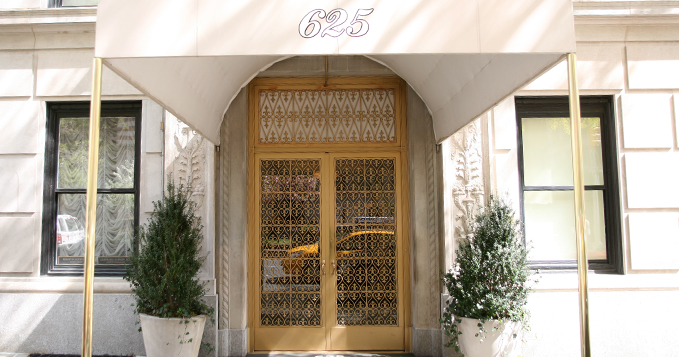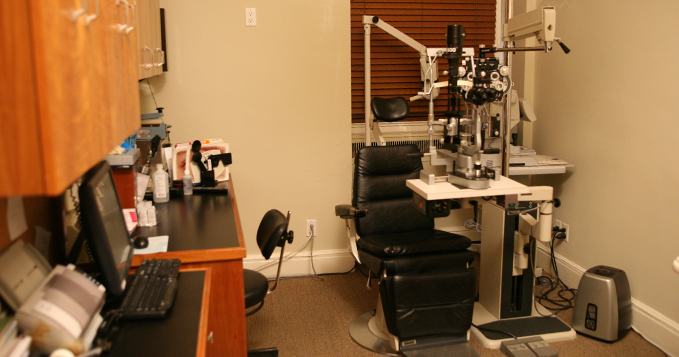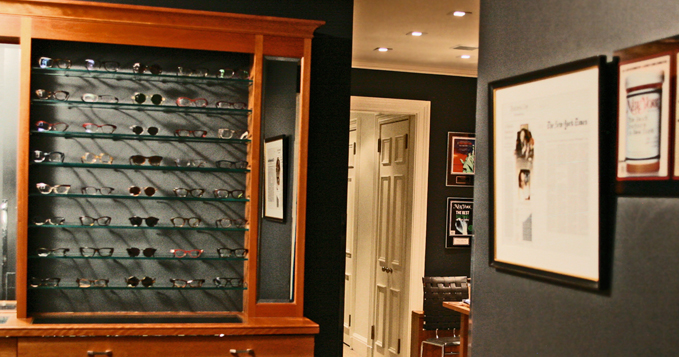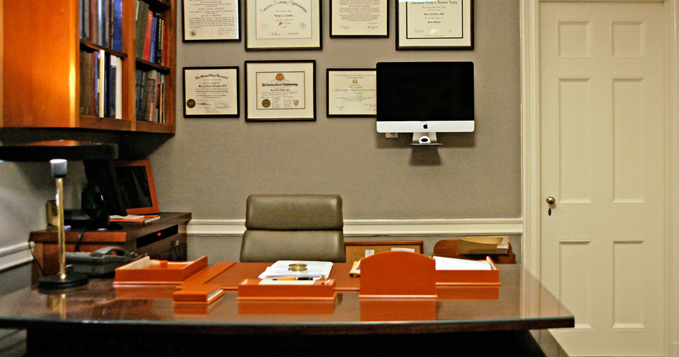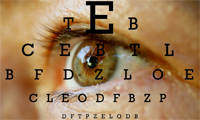General Ophthalmology
Our practice offers medical care and treatment for:
- Dry Eye Disease
- Refractive errors
- Glaucoma
- Allergic and infectious diseases of the eye
- Corneal diseases
- Intraocular inflammation
A routine eye examination is medically advisable for patients in all age ranges. Unfortunately, many serious eye diseases are silent and produce few symptoms in their early treatable phases.
How Often Should You Be Seen?
| Age | Examination Frequency |
| 3-4 | Pre-school baseline exam |
| 5-10 | Pediatrician vision check |
| 10-20 | Every 2-3 years |
| 20-40 | Every 3 years |
| 40-50 | Every 2 years |
| 50 Plus | Every 1-2 years or as instructed by the doctor |
Patients with diabetes, hypertension, cataracts, glaucoma, arthritis, or with a family history of eye problems should be seen according to a schedule outlined by Dr. Chaiken. Contact lens wearers and patients who wear glasses for myopia should be seen yearly, unless otherwise instructed.
Preschool children under the age of 4 should be seen immediately if you notice:
- Poor tracking
- Crossing of eyes
- Unusually small or large eyes
- Color differences between eyes
- White colored pupils
What is an Eye Emergency ?
An eye emergency is an event where your eyesight is at risk or you have eye pain. Events that risk eyesight require prompt treatment to prevent vision loss. Eye emergencies are common. During office hours we will always accommodate an emergency. If the office is closed, in the event of an eye emergency,it is important to go to the New York Eye and Ear Infirmary at 310 East 14th Street, by 2nd Avenue, or have the answering service contact Dr. Chaiken.
Some examples of an eye emergency are:
- Chemical contact with eye or face
- Severe eye, head or face injury
- Sudden loss of all or part of your vision
- Bulging eye
- Painful eye
- Onset of flashing lights, floaters, or a noticeable increase in the amount of flashes and floaters
- Appearance of a “veil”, or curtain across the field of vision
- Sudden changes in pupil size
- Eye that is sensitive to light
- Foreign body in the eye
- Double vision
- Discharge, profuse tearing
Post-operative patients with pain in or around the eye, infectious discharge, increased redness, or decreased vision (in either eye)
What is the difference between an Ophalmologist, Optometrist and Optician?
- An ophthalmologist (Dr. Chaiken) is a medical school graduate and has completed several years of training in a hospital and/or university setting in the treatment of eye disease and surgery.
- An optometrist is a person licensed to perform eye exams that check for vision problems and diseases. They also prescribe eyeglasses or contact lenses as needed.
- An optician is a person qualified to make and dispense eye glasses.
Will I be dilated at my appointment?
- Yes, every comprehensive eye exam will include a dilated exam. This is necessary in order to evaluate the health of the retina, optic nerve and blood vessels, and confirm the optical state of eye, for example to prescribe glasses
How long will dilation last?
- The dilating drops take approximately 15-30 minutes before they take effect. While you are dilated you will be sensitive to the sunlight and your near vision will be blurry. This will last on average 2-3 hours.
Should I take multivitamins to preserve my vision?
- If you have a family history of macular degeneration you can consider vitamins and most importantly eat a balanced diet
Will my vision deteriorate if I start wearing prescribed reading glasses?
- No! Your eyes will feel less strained at the end of the day.
Is twitching of an eye is a sign for some serious issue i.e. stroke…?
- Not usually. However, it may be related to particular local eye conditions which should be evaluated and might need treatment
To learn more about the General Ophthalmology services we provide or to make an appointment, please call our office at 212.249.1976.


